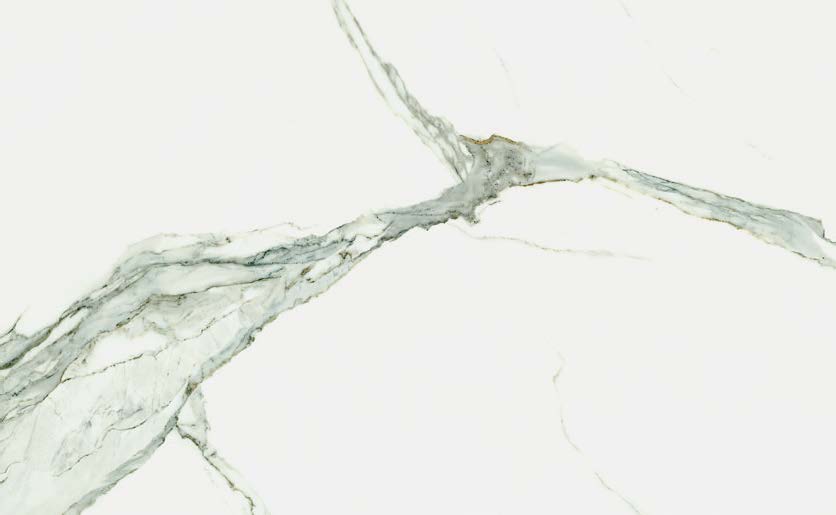STATUARIO-LUCIDO
SINTERED STONE, is a new material. It is a natural stone and inorganic clay processed by a special process after vacuum high-pressure lamination, using a unique high-definition inkjet technology and surface treatment process to generate a texture effect, and finally sinter the finished product in a strictly temperature-controlled kiln at a high temperature of thousands of degrees for 150 minutes.
Slate advantages:
1. Large, thin and hard, thin, the Mohs hardness is up to 6 grades better than stainless steel, so it has excellent wear resistance and scratch resistance.
2. Surface 0 pores. Self-cleaning antibacterial, zero penetration, food-grade surface, stain resistance. Slate meets all the expectations of the family on the dining table.
3. Excellent chemical properties. High temperature resistance, freeze resistance, corrosion resistance, acid and alkali resistance, non-combustible materials.
4. Natural stone texture. Sophisticated original grain scanning acquisition technology and high-definition inkjet technology can highly restore the natural texture of the stone and form a whole body effect, making the rock board the best choice to replace natural stone.
disadvantages:
slabs are prone to burrs under insufficient pressure, which requires process.
Although the physical and chemical properties are excellent, the large size and extreme thinness make the slabs prone to damage during transportation.
The production process of slab is very demanding, so the cost is relatively high.




